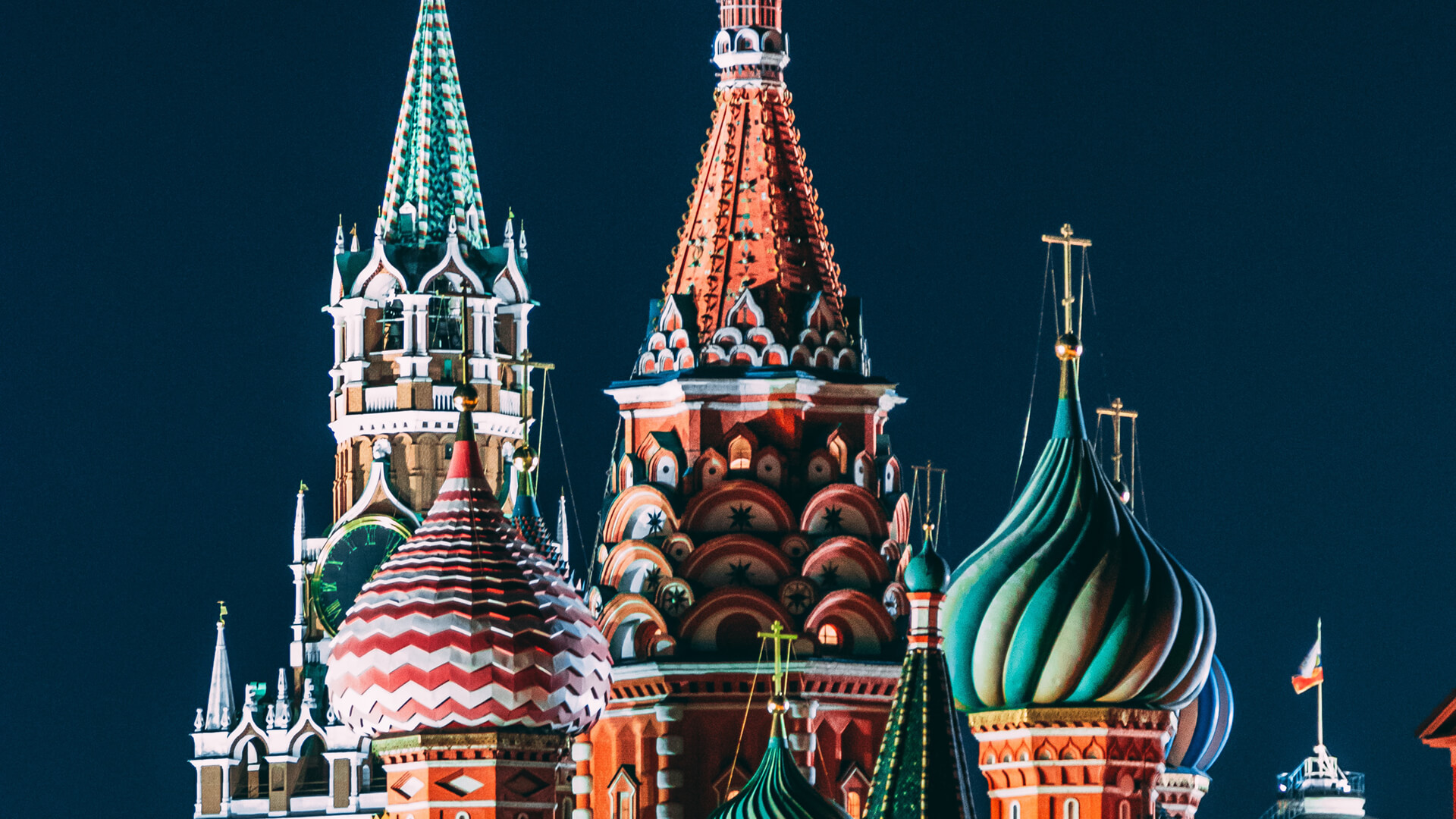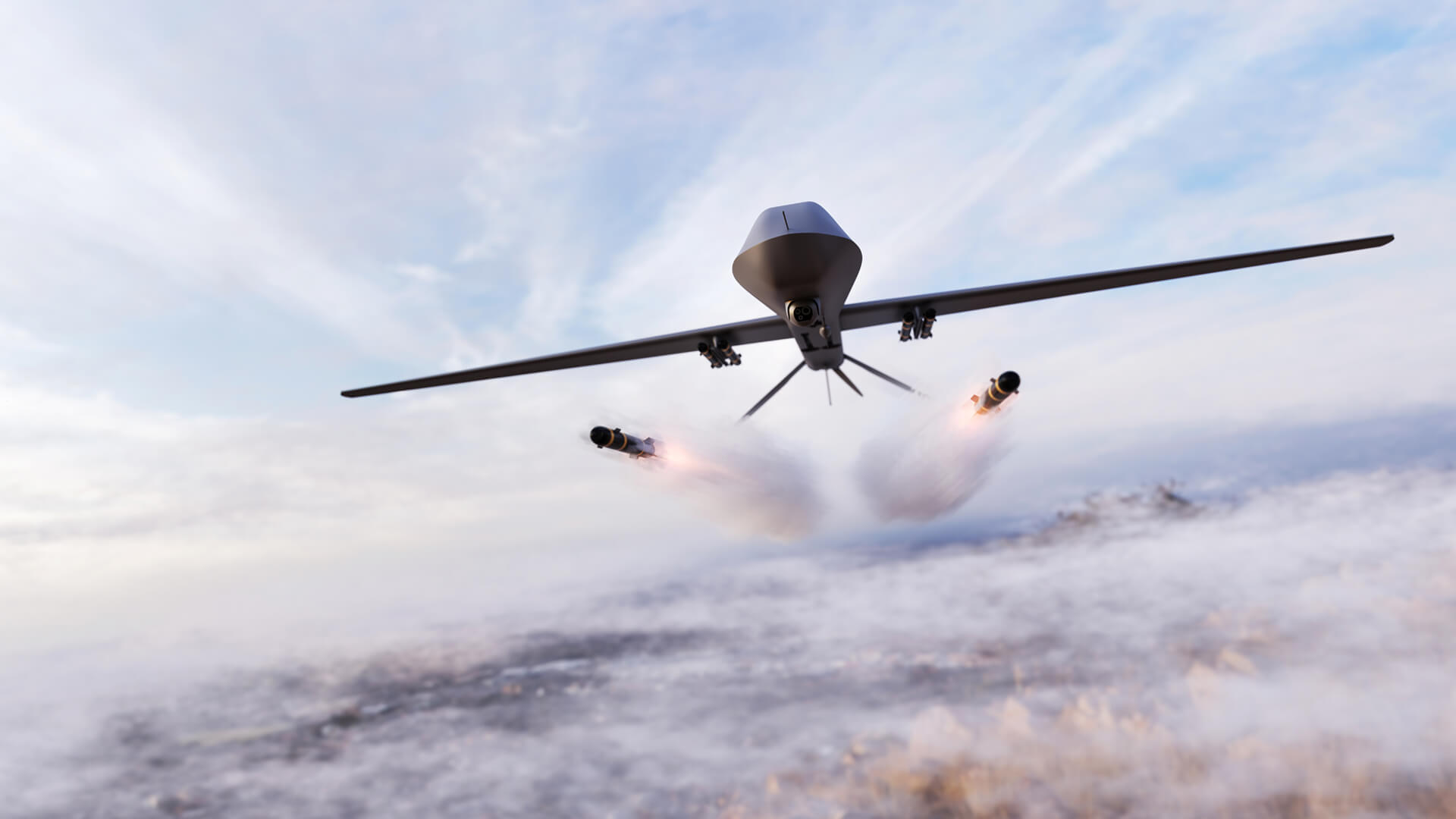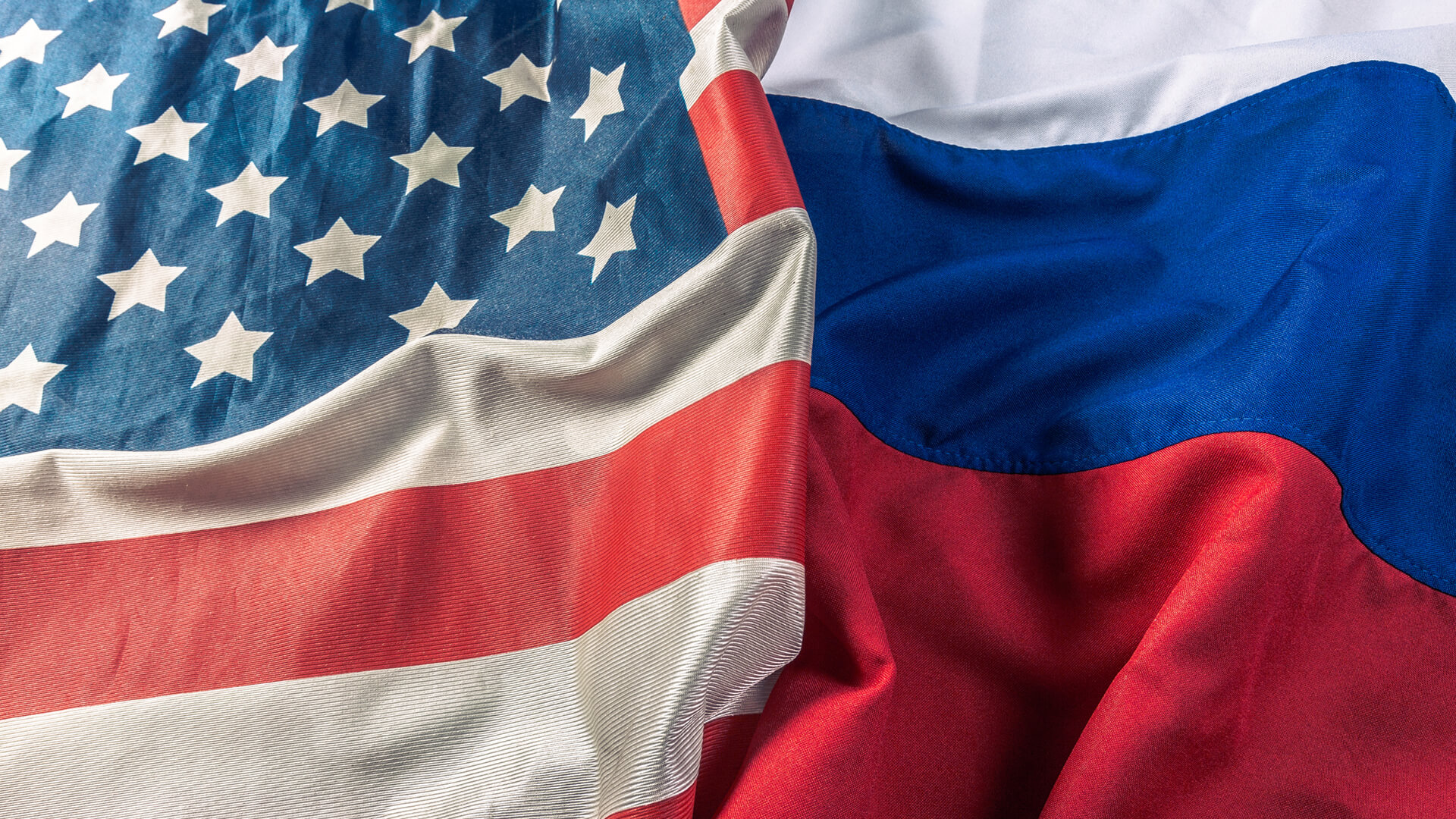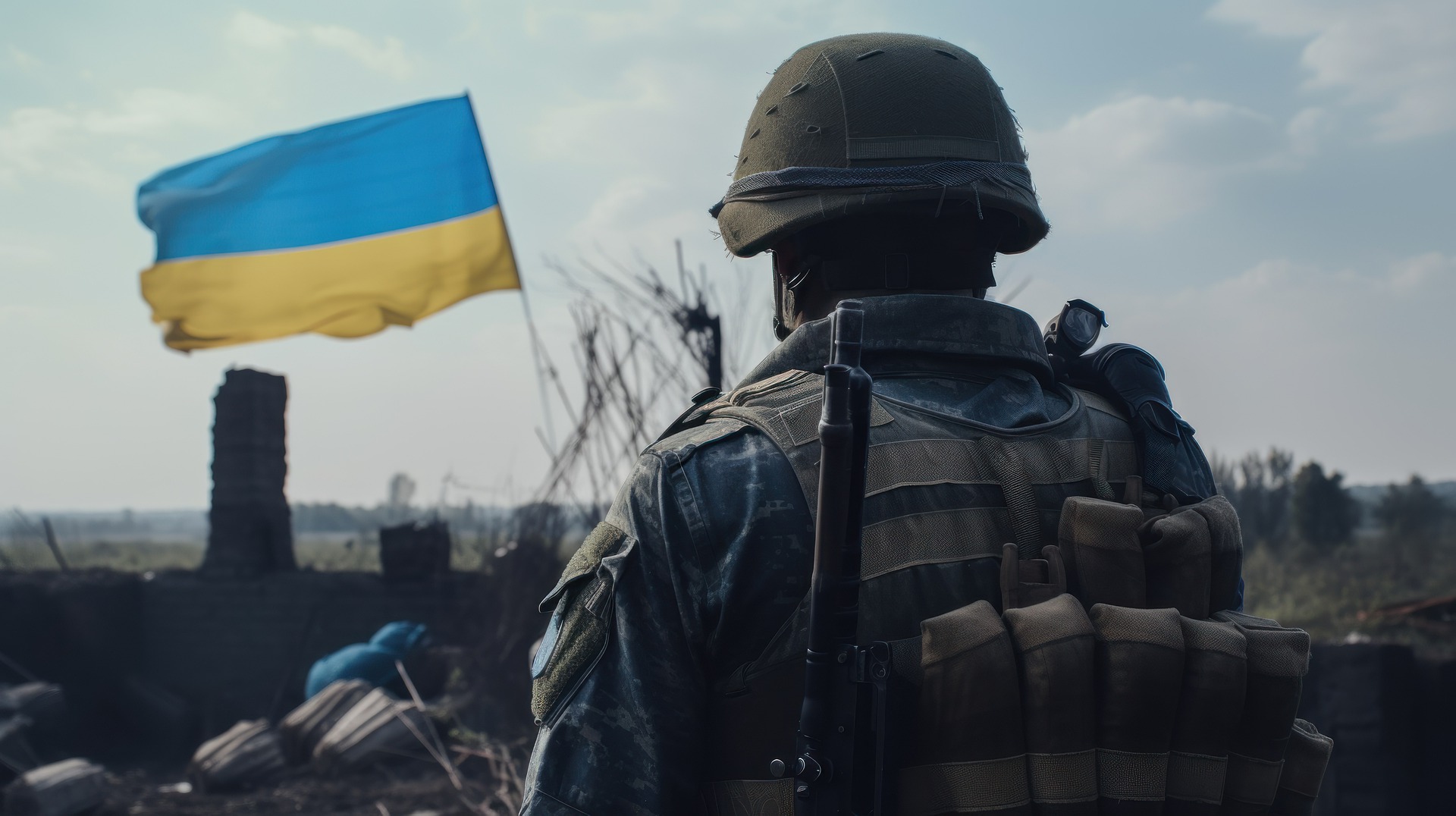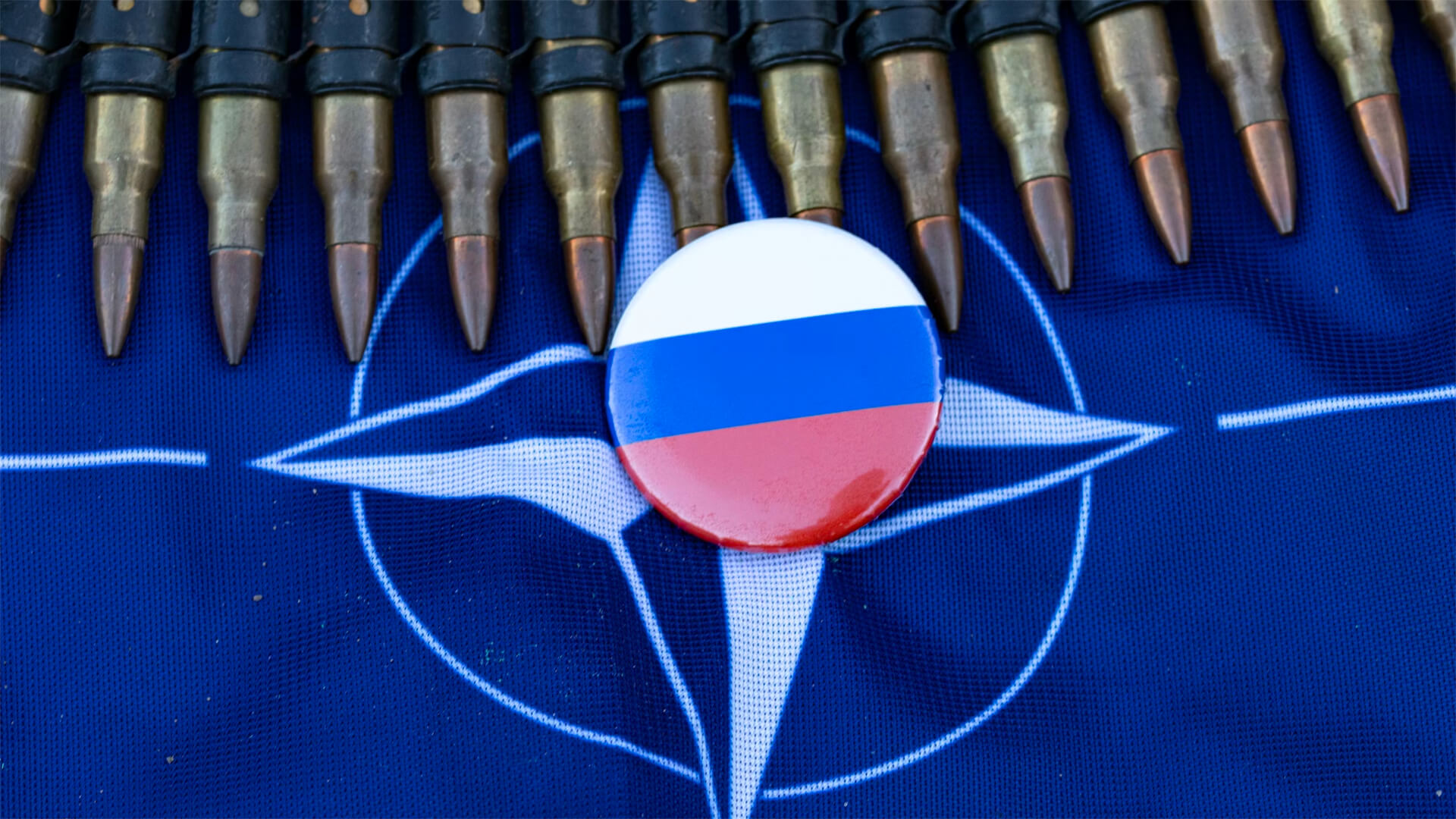Hey, everybody. Peter Zeihan here, coming to you from Colorado. The Russians have already achieved what is typically considered the platinum standard for an intelligence operation that has been successful, and that’s getting a foreign leader to repeat all of your propaganda and even make policy based off of it. But now that they’ve achieved that, they are going to aim higher.
And there’s no reason for them not to. They’ve got Tulsi Gabbard in the white House basically serving as their primary funnel for misinformation. And she’s preventing other information from even making it to his ears. And there are probably we’ll do with this later. Other folks within the Trump administration that are also serving as similar conduits, the bottom line is that the sky is the limit here for the Russians.
I mean, normally you split your operations in kind of three general categories. You’ve got your day to day operations to undermine foes and support allies and support operations. You’ve got your, brands in the fire where you have longer term assets that are kind of waiting for the opportune moment, and then you’ve got your Hail Marys that you’re lining up.
You know, you don’t expect any of these to work, but you might as well try. And now that the most powerful person in the world appears to be at least susceptible, I mean, this isn’t Viktor Orban, the prime minister of Hungary, who’s been a Russian stooge for years. This is the most powerful man in the world.
And so for the Russians, they’re thinking that today the sky is the limit and they’re going for everything. And so this video is a list of the things they’re after. And what’s really depressing about it is you will notice that some of the things on this list, they’ve already achieved.
What we’ve seen so far with the recent changes in the Ukrainian war with the Americans stopping to send any weapons to Ukraine, barring, any intelligence transfers, barring private entities from doing any intelligence transfers, barring the Ukrainians from purchasing anything like satellite imagery.
It’s not that the United States is now neutral on the war. It’s that it’s actively sided with the Russians. And there’s even some preliminary reasons to expect that the U.S is actually sharing Intel with the Russians on the Ukrainians. So this is hardly the end of the story. This is the beginning of the story. So it’s worth looking forward and thinking about long term Russian goals and how the Russians can redirect American power to help achieve them.
And the first step, of course, is any peace agreement. That’s just such the wrong word here. The, the surrender agreement, that the Trump administration is likely to force upon Ukraine in favor of the Russians, what the Russians want. Step one, no restrictions on the placement or type of Russian forces on the Russian side of the Line of Control, but a demilitarized zone on the Ukrainian side of the Line of Control.
Also, no foreign peacekeepers, certainly. No. No NATO members, in Ukraine’s territory at all. A complete, evisceration of the Ukrainian leadership with Zelensky, the president and his senior political and military staff being remanded to Russia for trial, a public admission by Ukraine that the war is their fault and therefore the Ukrainians are subject to war.
But preparations and, for the United States to say publicly that the war was also Europe’s idea. So Europe is on the hook for war reparations, financial assistance from the United States to reconstruct the physical infrastructure, the oil, natural gas pipelines that used to cross Ukraine, as well as the Black Sea going to Europe and an end to American liquefied natural gas exports to Europe, so that the Europeans are once again hooked on the Russians for all sorts of energy, a barring of European assistance to Ukraine and military sense.
And should European arms manufacturers defy that, secondary sanctions from the United States on the countries involved, an American public declaration that the territories that are held by Russia, in Ukraine, as well as in other parts of the former Soviet Union, where they’ve taken over chunks of territory in other war, say, Moldova and Georgia are sovereign Russian territory.
And therefore, from the American point of view, can never be remanded back.
A ban on all American weapons transfers and civilian efforts from the business community to help Ukraine, whether that’s for imagery or for weapons or any sort of support equipment. A similar ban on anything coming from Europe and a Russian customs presence at all Ukrainian ports of entry to monitor, to make sure that nothing flows through, and active collaboration with American Intel throughout Europe.
In order to make sure the Europeans stick to the letter of the deal. And remember, of course, that this deal does not need to be ratified by the Europeans. This is going to be an American Russian bilateral deal, and everyone else can just suck it.
Anyway… You get the idea. The point is, for Ukraine to be so neutered as a country that when the Russians decide six months, two years from now to roll in again, it’ll be a much easier fight than it was last time.
Oh, yeah. De-industrialization of Ukraine specifically for all of its weapons development, most notably drones. That would have to be part of it. Anyway, the whole idea is that so whenever the Russians decide that now is the time to continue the war, they can roll in without a problem, and it would shatter the American relationship with NATO, which is probably on deck anyway, so that the Russians could actually then roll right into the next phase of the war, for Estonia, Latvia, Lithuania, Poland, Romania and Moldova.
Remember here that this is, this is the swinging for the fences plan. You basically split what any country does with intelligence into a few buckets. You know, number one is your your day to day operations. Number two are the things where you want assets in place so you can take advantage of changes in situation. And the third one is swinging for the fences.
So you’ll notice that some of these items are already part of the official, American line. For example, the Americans already given in to a number of the Russians, strictures when it comes to things like NATO membership for Ukraine. The Russians are going to push for more. And this is their dream list. And I’m not saying they’re going to get them all, but how far they make it down.
This list will give you an idea just how tight, Russian control over the white House has become. Let’s see. Next, let’s talk about what the Russians are going to try to get directly, not Ukraine, but for Russia proper.
Okay. Moving on. The thing the Russians want to affect Russia directly. An end to NATO. The United States pull out and cease all meaningful intelligence cooperation. In fact, turn that intelligence operations that we have in Europe and put them at the Russian disposal so that the Russians have eyes on everyone in Europe, most notably Germany and countries further east.
So when that they do decide to launch the next phase of the war. Estonia, Latvia. Lithuania, Poland, Slovakia, Czech Republic, Romania, you know, everyone in the Central European bloc can’t get the jump on the Russians and surprise them in the way that the Ukrainians did over and over and over again in the war. Basically use American intelligence operations, maybe even some limited American military operations, to hamstring that whole process.
All Russian news outlets should be allowed to operate within the United States information space without any sort of restriction. The United States should stop importing agricultural products from Canada, which is mostly, wheat and coarse grains, and instead start importing them from Russia to build a reverse dependency. Compared to what we had during the Cold War, the Russians have studied their own economic history very well.
They know where they screwed up in the Cold War and basically tried to turn that into an American vulnerability, which could only happen if the American president was really pushing for it, abandoned the American icebreaker program and decommissioned the two icebreakers the US has so that the, high Arctic becomes a Russian only zone of influence.
Wipe all American held Russian debt to zero, and let the Russians into the heart of the American financial network once again, so they can raise funding from everywhere and even provide a few US sovereign guaranteed backstops to the bond market so that people could invest in Russia and the Americans will take the risk, which would definitely allow them to tap more capital at a lower rate.
And then finally, perhaps most importantly, use American government financial guarantees to encourage American companies to invest directly in the Russian economy. The Russians have had a complete gut, of their skilled labor force during the war. And because no one’s really been trained in technical stuff since the 90s now, and they’re losing the ability to produce almost everything.
But with the oil and gas industry, definitely be at the top of the list. So the Russians, literally hundreds of billions of dollars of investment, and it can’t be generated from it themselves. So if you get the U.S. government to pay for it, and the U.S. government to encourage American companies to come into the Russian space and start rehabilitating those fields and building new pipelines, that would be wonderful for them.
In addition, yeah. It’s not enough for to just rehabilitate Russian oil and gas. You also want to get American companies involved in the production of everything in Russian occupied Ukrainian territories, so that the American government is firmly, in bed with the Russians in recognizing Russian controlled Ukrainian territory.
Next, let’s talk about the Russians favorite topic and how to smash the American demographic advantage.
One of the biggest weaknesses of Russia vis-a-vis the United States is demographics. Between the world wars and the mismanagement of the Soviet system combined with massive heroin and alcohol abuse, and then the economic dislocations of the 1990s, the Russian ethnicity is literally dying out. Now, it’s not dying out today. This isn’t China where we’re going to be able to see it within a decade.
But it’s a multi-decade trend down. And the Russians know that they’re going to vanish from the Earth this century at some point. And that’s part of the reason why the Ukraine war was launched, when it was when they still had enough people under age 30 to try. But when they look at the United States and see that they see a country with much lower mortality rates, especially in younger people, they realize that there is an opportunity, right now with the Trump administration, to undo the last 120 years of progress, in reducing American mortality and in that they have probably the best possible stooge to help.
And that is RFK junior, who is the new Health and Human Services, secretary, aside from the fact that he is personally staunchly opposed to vaccines are pretty much all types. I mean, they technically call him a vaccine skeptic, but he’s not skeptical. He’s opposed. And even with the measles outbreak we have in Texas right now, he’s saying publicly, you know, vaccines are a choice anyway.
What the Russians would like to do is increase mortality among Americans. Under age five by at least a factor of ten. Right now, it’s about .6.6 5%. Back in 1900, before the industrialization of medication or mass immunizations, it was closer to 19%. So, you know, it’s come down by like 95%. And they’d like to push it back up.
And the easiest way to do that is to remove vaccines from the system. You start by doing what RFK says he wants to do and making them all optional. And then you use the his position in HHS to basically dissuade everyone from getting things like boosters and to dissuade the development of new vaccines. So during Covid, we saw the first large scale application of new RNA vaccines, which have an order of magnitude fewer side effects.
But the Russians were able to basically convince a segment of the American population that they were horribly dangerous. And right now, we have mRNA vaccines starting to come out in all kinds of different disease prevention. And we’re even starting to see the early stages of, say, cancer vaccines because of the technology. I mean, it really is amazing stuff.
So the Russians would want RFK to do what RFK is going to do and try to smash that development at any possible way in order to keep American mortality as high as possible.
The Russians think that RFK is so stupid.
I mean, he’s got to be one of the dumbest people alive today that, they really can’t keep up with how misfired his brain works. Because anything that they try to put into his head, he immediately twists into something that’s even more grotesque. And he’s kind of like a roach motel for conspiracy theories. So there’s this one little contest among the Russian bot farm about who can get RFK to say the dumbest things.
And the thing is, everyone has one. Because the guy really is a moron. And now he’s in charge of health policy in the United States. So now that the Education Department is likely to go away and its, prerogatives are likely to be split up among other departments, things like vaccine mandates that were used to be enforced by the Education department will now come to HHS, and RFK Jr will be in a position to basically smash those shots first, turning them into voluntary operations and eventually whittling down the list of vaccines that can be used, even if some of these has been approved for decades and really have no side effects at all.
The goal here is very simple to, over the decades, bleed out the American population so that we end up in a Russian style demographic crisis.
Let’s talk about the economic space. The Russians would love, for example, to break the power of the US Federal Reserve. Or at least have it redirected to service Russian national goals. The US dollar is the global currency that allows the United States do a lot of things. And part of that is because the Federal Reserve runs a relatively tight ship when it comes to monetary authority.
Anything that weakens that would be great, especially if it encourages the circulation in the use of non US dollar assets, over which the Russians have a lot of influence, especially through the crime directive. Or keep in mind that the Russian political system is led by Putin is in part a partnership with organized crime. And so any type of cybercrime fall to the core of that.
So anything that encourages crypto, especially Bitcoin, is something that the Russians would really like to see because it would give them more of an in into the entire Western world and start to eat away from it below. There is nothing in the private sector that could make that happen. But if the US president were to take actions to weaken the fed and encourage crypto.
Well, there we are. Let’s see, on the topic of the bond market, use the politicization of the FBI to go after any sort of financial institution in the United States that actually provides a degree of economic stability. So these are the major bond traders. These are the major banks. And all you have to do is generate a pretext that, for whatever reason, one of the or more of these groups has a problem with Donald Trump, and then he directs the FBI to basically go in there, start arresting people and shutting things down.
The Russians would love to see that at scale. And there are so many people in the financial world who are concerned about what Trump is doing economically. It’d be really easy for Trump to drop a hit list, in terms of broader economics, go after the trade relationship, most notably the NAFTA relationship. The Russians understand that they’re no longer manufacturing power.
And part of the reason for that is that no one trusts them. And so no one will participate with the Russians on supply chains. Well, in North America, the three countries are the most tightly integrated manufacturing region on the planet. And anything you can do to throw sand in those gears is great. So, for example, if you can get the president to go up to Canada and say, you know what, we’re going to change the borders.
You know, that’s a great idea. Also, this tariff strategy going on and off and on and off and on and off and on off. Last week we had five different strategies for tariffs in Canada in one week. That’s wonderful for arresting industrial development in all three countries. And then what else? Oh yeah. Destroy the agricultural sector.
Ban the use of things like synthetic fertilizers, synthetic pesticides, synthetic herbicides. This is something that their wind up toy of RFK juniors already working on. Because if you can reduce American yields by half or more, all of a sudden the world’s largest food exporter turns into a food importer. And the Russians gain a lot more leverage around the world because they’re still the world’s largest wheat exporter.
One more end of American sanctions on the Chinese chip industry. Two things going on here. Number one, the Biden administration built up this great alliance of countries around the world who participate in the supply chain for microchips and got them all to cooperate on restricting access to China. So in breaking this, not only would the Russians break up the American relationships with a lot of the allies, you’d also establish in China an alternative option for high end chips.
So if relations with the United States and Russia go back to something that’s more akin to normal, there would now be an alternate supply. It would make the Russians far less susceptible to American sanctions for the next war. The Russians try to launch.
On the security front, things basically fall into two categories, and it’s all revolving around nuclear weapons. The Russians would want to break the relationship between the United States on one hand and the French and the Brits on the other hand, because those are the two countries in Europe today that already have nukes. And there’s a lot deeper relationship here than just having three nuclear powers who are our allies.
I mean, it’s not just about breaking it so that they’re pointing nukes at one another instead of just at the Russians. And it really comes down to the American British relationship. That relationship gives the United States access to a huge portion of what used to be part of the British Empire. So, for example, there is a nuclear submarine base that the US uses extensively in Scotland that allows for power projections into the northeast Atlantic, which is the part of the Atlantic the Russians are most concerned about.
If you can, for example, get the Americans to actively encourage Scottish independence. You not only shatter the relationship with London, you also end the American naval presence in that part of the world, which gives the Russians a number of options. Same basic concept is down in the Mediterranean. The Brits have a foothold in Cyprus. They have a foothold in Gibraltar.
And the Americans both use those assets regularly. But if the American Anglo relationship is broken, then all of a sudden the American position in the Mediterranean writ large dissolves because there’s no place to base. Same goes for places like Diego Garcia in the Pacific. So this is absolutely top tier. It’s definitely falling into the swing for the fences issue.
But considering the ability of Donald Trump and J.D. Vance to deeply, personally offend the Brits of late and basically talk down the alliance, it’s not something that we can rule out something the Russians would love to see.
As for the American nukes, Donald Trump is on record saying he’d like to get rid of him completely so that. Yes. Have the Americans unilaterally disarm, or at least get rid of more of their weapons? Maybe have an agreement with the Russians that you can’t place any sort of nukes on any sort of naval vessel. Since the Russians don’t have much of a navy, that’s not them giving up very much.
And maybe even get some inspections in there so that the Russians can peep under the hood of American military hardware to ensure that the Americans aren’t warmongers.
Hell, that’s a lot. Okay, we’re not done. That’s just 20 minutes. That’s enough for today. Tomorrow we’re going to go into the really long term stuff that is designed to cripple the United States. Long term things that the Trump administration may already be working on.

